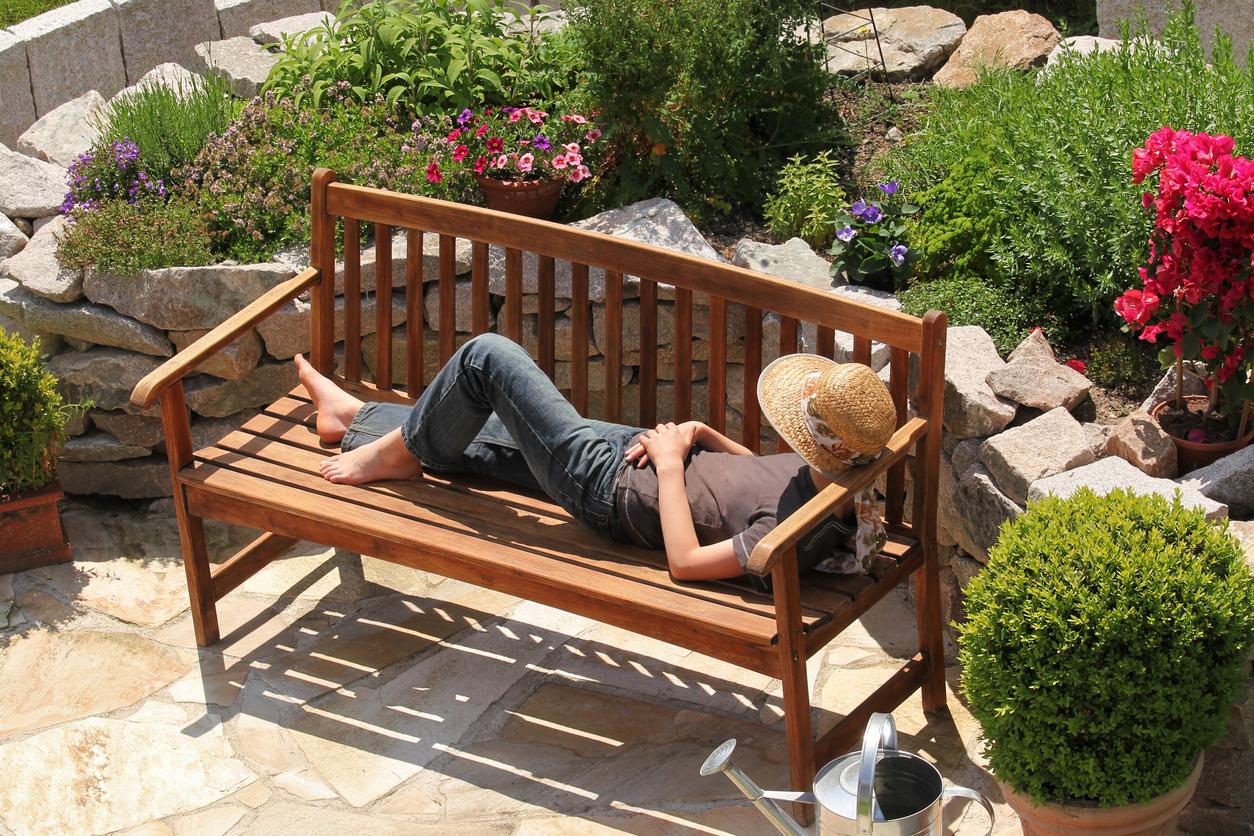A study by the University of Queensland has linked garden visits to a lower risk of being diagnosed with obesity-related cancer.

- A study has found a link between access to gardens and a lower risk of being diagnosed with obesity-related cancer.
- Having a garden reduces breast and uterine cancer in particular.
- Researchers note that it would be interesting to develop community gardening.
Improving well-being, reducing stress, slowing down Alzheimer’s or Parkinson’s disease… nature has many benefits. And this list is growing thanks to a study conducted by the University of Queensland. Australian researchers have shown the existence of a link between frequenting a garden and a lower risk of obesity-related cancers.
Their study was published in the journal Science of the Total Environment.
Green spaces reduce risk of obesity-related cancers
For this work, the team analysed data from 279,000 people aged 37 to 73 in England, Scotland and Wales, recruited between 2006 and 2010. The amount of green space around their homes was also assessed.
“We found that nearly 10,000 of the 279,000 participants developed obesity-related cancer over an 8-year follow-up period,” author Chinonso Odebeat said in a communicated. When we looked at the amount and types of green space around participants, we found that exposure to a private residential garden was linked to a lower risk of developing cancers, particularly breast and uterine cancer.”
The team suggests that having land around their home gives people the opportunity to exercise more, produce more vitamin D and/or may mitigate the effects of air pollution.

Cancer: Gardens more beneficial for women and non-smokers
The data shows that certain groups benefit more from the presence of a family garden. “For example, women, people who have never smoked and those who do not drink alcohol, explains author Chinonso Odebeat. It was also more beneficial for people who were more physically active, people without cardiovascular problems, and those without vitamin D deficiency.”
Professor Nicholas Osborne added: “Of course, not everyone has access to their own garden at home, so promoting community gardening can be helpful in these cases. Encouraging outdoor activities and ensuring adequate vitamin D levels could further amplify these benefits.”.


















